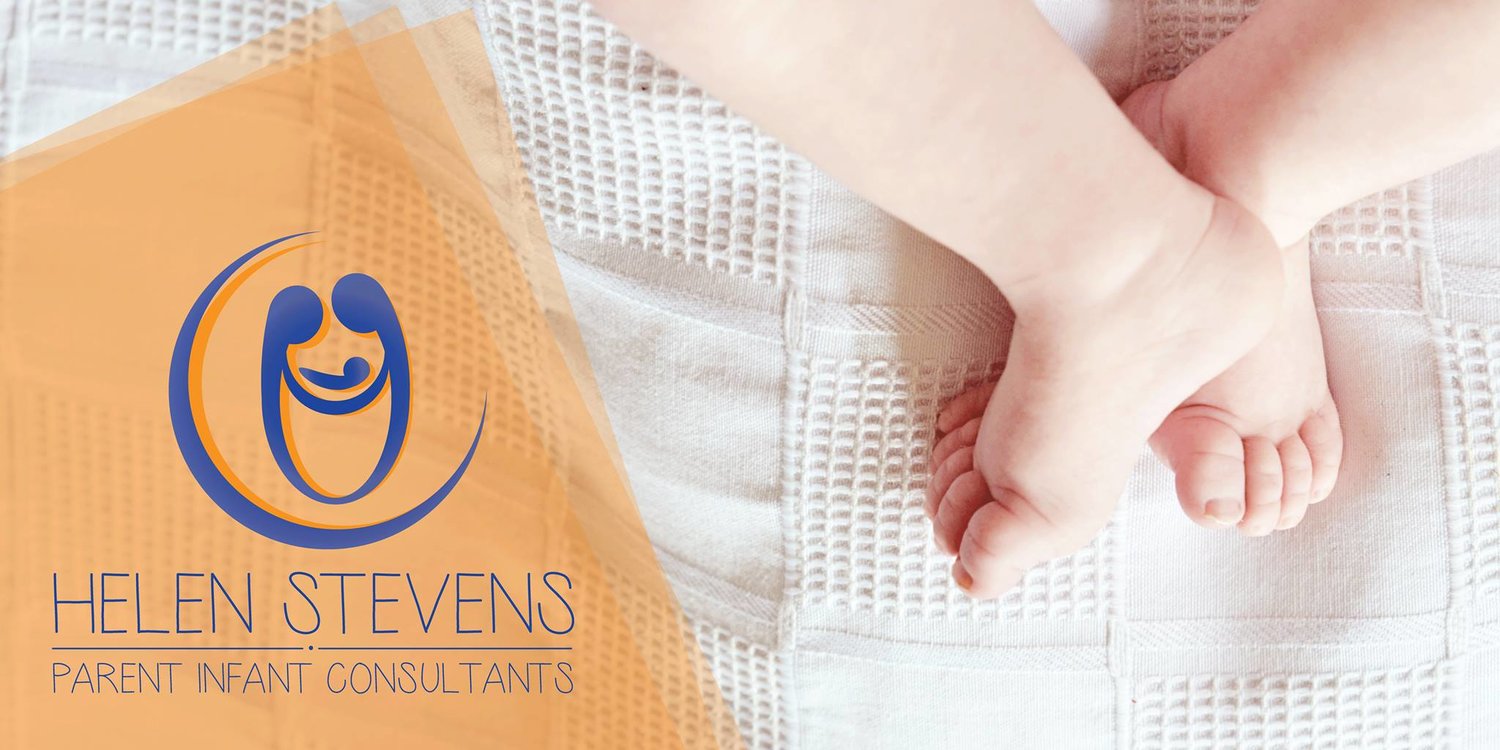Getting babies to sleep can feel like a delicate dance. Everything has to be exactly right - the lullaby, room temperature, time of night, shh-ing volume and finally backing out of the room to avoid the noisy floor board…
So a small thing like moving your clock forward can have a dramatic effect on how your child gets off to sleep.
On Sunday 1 October, some states in Australia will be turning their clocks forward by 1 hour.
The move into daylight savings will affect your family in different ways, depending on your baby’s age, sleep patterns and personality. Read on for more info what to expect and what you can do about it.
Age
0 - 4 months
Young babies have little (if any) hormones to drive their nighttime sleep behaviours and they are mostly driven by tiredness and hunger. So if you’re in these early months you’ll probably have very few problems, so count yourself lucky this year.
5 months and older
At around 5 months of age however, babies develop a sleep pattern and get tired in the evening as the sleep hormone, melatonin, starts to kick in. So you may find that the daylight savings shift may cause some disruption.
Temperament
Some babies and children are happy to go to bed and sleep, even if bedtime shifts by an hour. You might hear some parents say “I don’t have any problems with daylight savings,” but not all babies and children are so chilled out or flexible. Some will struggle with a sudden change in their bedtime routine.
Sleep patterns
Babies and kids with consistent sleep patterns may struggle more. If your baby or child tends to go to sleep and wake up at the same time every day, e.g. 7 pm bedtime and awake at 6 am just like clockwork, then they may find it hard to shift sleep times.
So here’s what you can do
Tips to help the transition to daylight savings
1. Start now
Leading up to the weekend, each day move bed time forward 5 or 10 minutes, so your baby or child will have already started to adjust. This should help make the transition easier for all.
2. Block out the evening light
If your windows allow a lot of evening light in, you might find it helpful to darken the window coverings and block out more light. You don’t have to block them out completely, but darkening the room will help sleep come more readily.
3. Prioritise quiet time
Because the sun will be shining even brighter in the evenings, you will need to make bedtime especially calm and relaxing. Make sure there’s quiet time before bed: turn off the screens and play quiet games in rooms with dulled lighting. This will all help your baby and child prepare for bed more readily.
4. Get some morning sun
When morning comes, be sure to get everyone out into the sunshine, or at least beside a sunny window. This will help reprogram the brain and the release of melatonin, so your child’s day and night patterning can readjust.
5. Stick to your patterns
It’s really important to stick to your bedtime routines of bath, books, massage, songs etc. Never underestimate the power of predictability, which doesn’t mean strict routines at all. It just means predictable rhythms and patterns.
6. Don't do it all at once
If your baby or child is struggling with daylight savings, don’t move their bedtime back by the whole hour immediately. If you progressively work backwards, 10 minutes at a time, you will help your baby or child adjust over a week of two.
7. Be realistic
You may lose an hour of sleep for a week or two. Try to plan ahead and know that the next couple of weeks might be tricky as your baby or child adjusts.
8. Be patient
Expecting your child to make instant change is setting yourself up to be disappointed, so be patient. Older babies and toddlers may be ‘out of sorts’ for a week or two, and feel a little tired and overwhelmed. Be kind and try to think about why outbursts are happening opposed to getting frustrated.
Most of all, don’t panic.
If you’re worried about daylight savings, or have other concerns about your child’s sleep, then you can get in touch to chat with a sleep expert.
Author: Helen Stevens. RN. RM. MCHN. BAppSc. MMHS. Manager of Clinical Services, Education and Research. Parent Infant Consultants. 0411880720.

